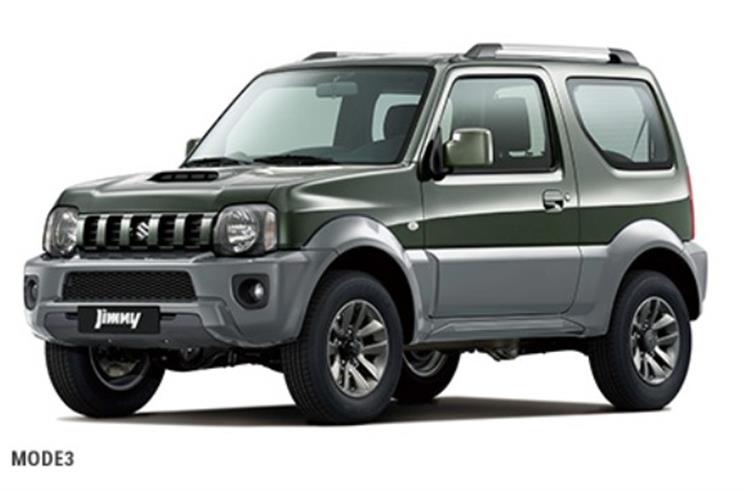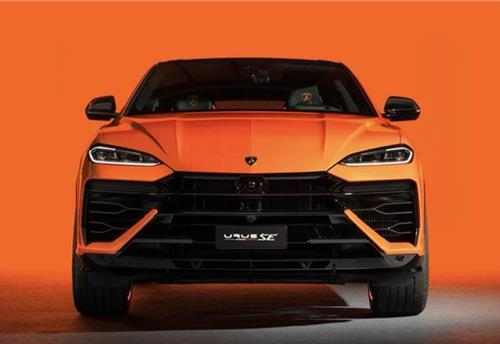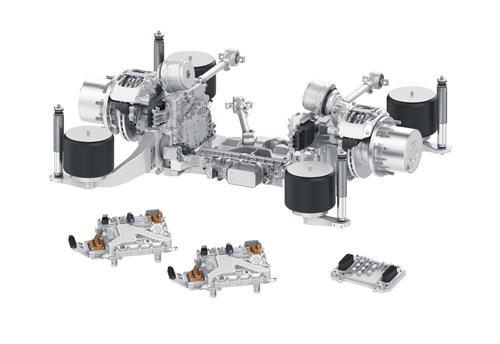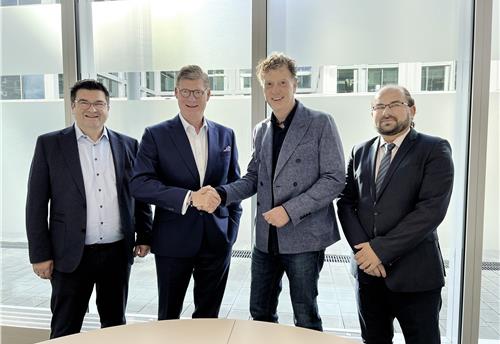'Increased workload’, ‘insufficient manpower’ among reasons for Suzuki's fuel efficiency misreporting
Suzuki Motor Corporation's latest investigation report to Japan’s Ministry of Land, Infrastructure, Transport and Tourism says "an error was found in our previous report dated 18th May."
Twelve days after it first reported to Japan’s Ministry of Land, Infrastructure, Transport and Tourism (MLIT) that it had found “some discrepancies” in the automobile emission and fuel efficiency testing process between the regulation by MLIT and the actual method carried out by Suzuki, Suzuki Motor Corporation has today issued a new report to MLIT.
The company had affirmed on May 18 that the issue did not apply to its products sold outside Japan and that 16 cars in the home market were affected by the investigation. This include the Alto, Alto Lapin, Wagon R, Hustler, Spacia, Every, Carry, Jimny, Solio Ignis, Baleno, SX4 S-Cross, Swift, Escudo 2.4, Escudo and Jimny Sierra.
Today, the company’s press release states that “among the 16 models in the current line-up, Jimny, Jimny Sierra and Escudo 2.4 were not concerned. In addition to the remaining 13 models, Alto Eco (Start of Sales: December 2011, End of Production: November 2014) out of discontinued models, together with 12 models supplied to other manufacturers as OEM totalling to 26 models were discovered using driving resistance data measured by individual components and resistance factors.”
Cause and effect
As regards the causes for using the measurement process different from the method regulated, SMC says: “In order to correspond to fuel efficiency regulations strengthening worldwide, Suzuki had been developing a method to measure the resistance of each component and resistance factors. By 2010, Suzuki was able to predict driving resistance data of the coasting test to a certain degree of accuracy through accumulating the measurement of individual components and resistance factors.
"Meanwhile, after the global financial crisis of 2008 caused by the bankruptcy of the Lehman Brothers, the increased workload of developing new models and engines led Suzuki to be unable to allocate sufficient manpower for the coasting test, and in addition, failed to invest in necessary infrastructure for the coasting test as well as to make efforts to improve testing technology.
"Due to the above circumstances, Suzuki failed to measure driving resistance through the coasting test with the type approval vehicle as was regulated by the MLIT, and was using driving resistance data accumulated from actual measurement of individual components and resistance factors at the time of type approval application.”
SMC goes on to add that it carried out its “own fuel consumption tests on the most fuel efficient grade of each of the 14 models (26 models including OEM vehicles), using driving resistance data measured through the coasting test. The test confirmed that all models exceeded the fuel consumption data mentioned in the catalogue.”
RELATED ARTICLES
Lamborghini unveils Urus SE ahead of Auto China 2024
Electric-only range of 60km helps reduce emissions by 80%.
ZF to display next-gen e-axle for low-floor city buses at Busworld Turkiye 2024
The AxTrax 2 LF is available with a continuous output of up to 360 kW and a peak torque of up to 37,300 Nm.
Daimler Buses and BMZ Poland to develop next-gen NMC4 electric bus batteries
The new battery generation NMC4 – succeeding the current NMC3 technology – will combine high energy density, resulting i...





 By Autocar Pro News Desk
By Autocar Pro News Desk
 31 May 2016
31 May 2016
 3534 Views
3534 Views









